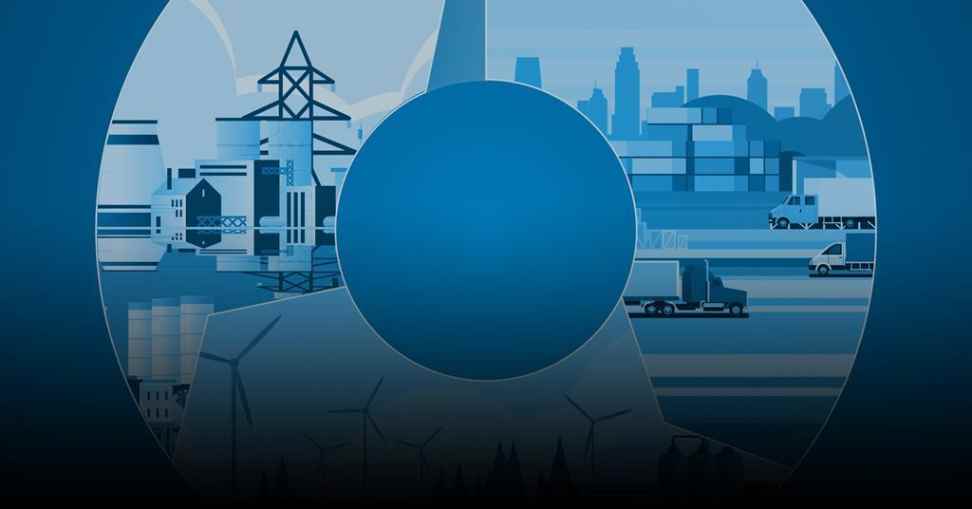Diamondexch9, Diamondexch9 Login, 11xplay Reddy Login: Adopting circular economy models can lead to significant environmental benefits. By reusing resources and minimizing waste, businesses can reduce their carbon footprint and contribute to a cleaner, healthier planet. This approach not only helps in conserving natural resources but also promotes sustainable practices that can have long-lasting positive effects on the environment.
Furthermore, embracing circular economy models can also result in economic advantages. Companies that implement these practices often find new revenue streams through the repurposing of materials and products. By designing products with reuse and recycling in mind, businesses can tap into a growing market for sustainable goods and services, enhancing their competitive edge in the market.
Challenges Faced in Implementing Circular Economy Practices
One common challenge in implementing circular economy practices is the lack of awareness and understanding among stakeholders. Many individuals and organizations may not fully grasp the concept of circular economy and its potential benefits. This can lead to resistance to change and reluctance to adopt new practices that align with circular principles.
Additionally, another challenge is the need for significant investments in infrastructure and technology to support circular initiatives. Many businesses may be hesitant to allocate resources towards implementing circular economy practices due to the perceived high costs involved. Without proper funding and support, it can be difficult for companies to transition towards a more circular business model.
– Lack of awareness and understanding among stakeholders
– Resistance to change and reluctance to adopt new practices
– Need for significant investments in infrastructure and technology
– Perceived high costs involved in implementing circular economy practices
– Difficulty for companies to transition towards a more circular business model without proper funding and support
What are the benefits of adopting circular economy models?
Adopting circular economy models can help reduce waste, conserve resources, promote sustainable practices, and create new economic opportunities.
What are some challenges faced in implementing circular economy practices?
11xplay, 11x Play, Mazaplay: Some challenges include changing consumer behavior, overcoming regulatory barriers, shifting business models, and investing in new technologies and infrastructure.
How can companies overcome the challenges in implementing circular economy practices?
Companies can overcome the challenges by educating consumers, collaborating with stakeholders, advocating for supportive policies, investing in research and development, and integrating circular principles into their supply chains.
Are there any success stories of companies implementing circular economy practices?
Yes, there are many success stories of companies implementing circular economy practices, such as Patagonia, Interface, and Philips, who have demonstrated the benefits of adopting sustainable and circular business models.

